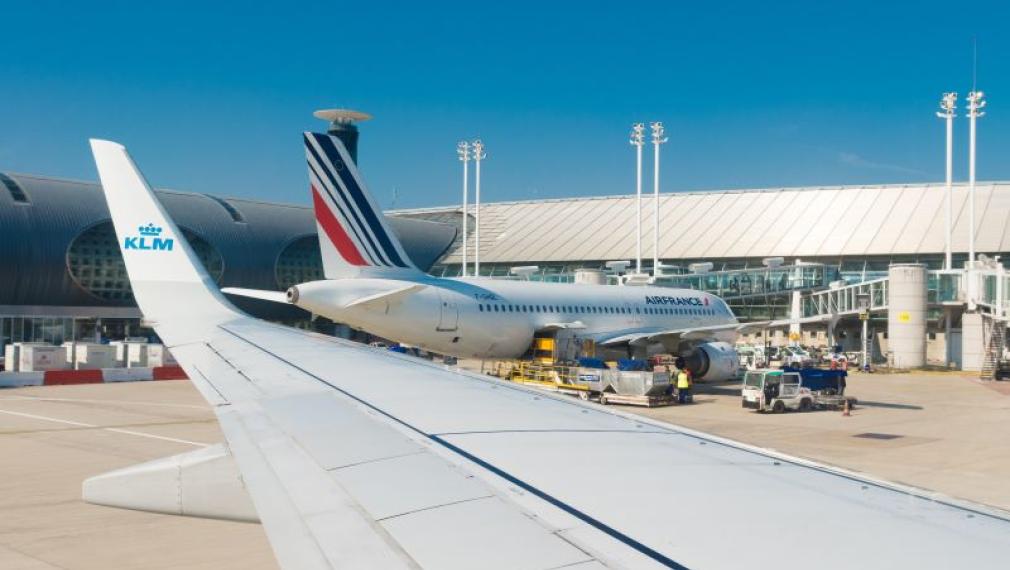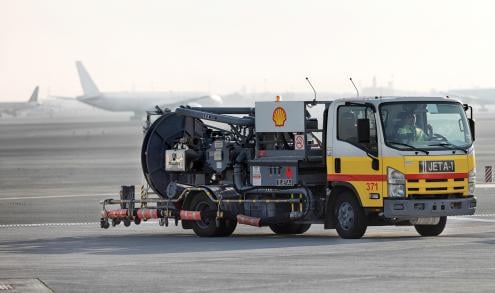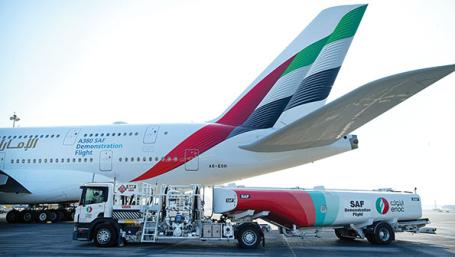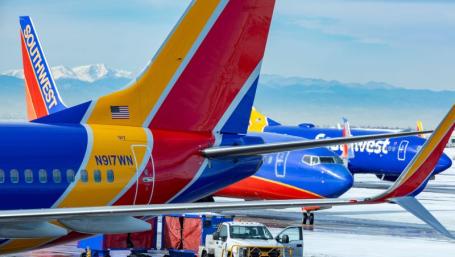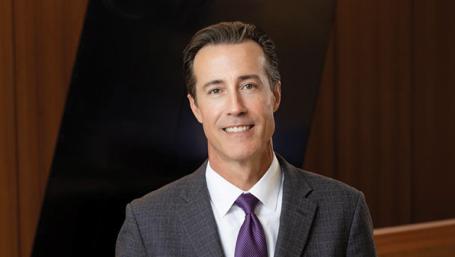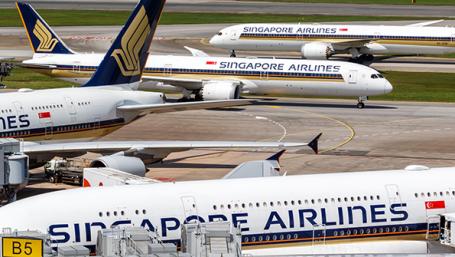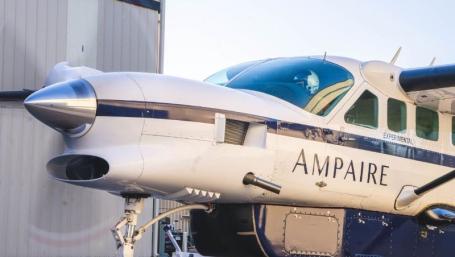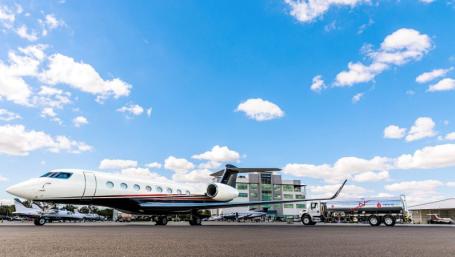Sustainable Aviation Fuel
With governments and airlines committed to decarbonizing aviation by 2050, innovative solutions are required and sustainable aviation fuels (SAF) could play a major role in meeting targets. IATA estimates that SAF could contribute around 65% of the reduction in emissions needed by aviation to reach net-zero in 2050. This will, however, require a massive increase in production in order to meet demand.
Latest News On Sustainable Aviation Fuels
Feb 29, 2024
For the aviation sector to meet its 2050 emissions reduction targets, a rapid increase in the use of sustainable aviation fuel is vital.
Feb 29, 2024
The United Nations Climate Change Conference, COP28, closed with an agreement signaling what it called the “beginning of the end” of the fossil fuel era.
Feb 29, 2024
Business aviation’s efforts to decarbonize the aerospace ecosystem are considerable, but sector insiders say this too often goes unnoticed.
Feb 28, 2024
Southwest Airlines has launched a wholly owned subsidiary focused on obtaining scalable sustainable aviation fuel (SAF).
Feb 28, 2024
Signature Aviation was an early adopter of pumping SAF.
Feb 26, 2024
The government intends to introduce a SAF uplift requirement for airlines that would be funded by a new passenger levy.
Feb 23, 2024
Using the e-fuel in a hybrid powertrain more than doubles the efficiency of SAF usage, the company says.
Feb 21, 2024
European policymakers are preventing business aviation from acquiring SAF credits through the “book-and-claim” accounting mechanism, industry leaders say.
